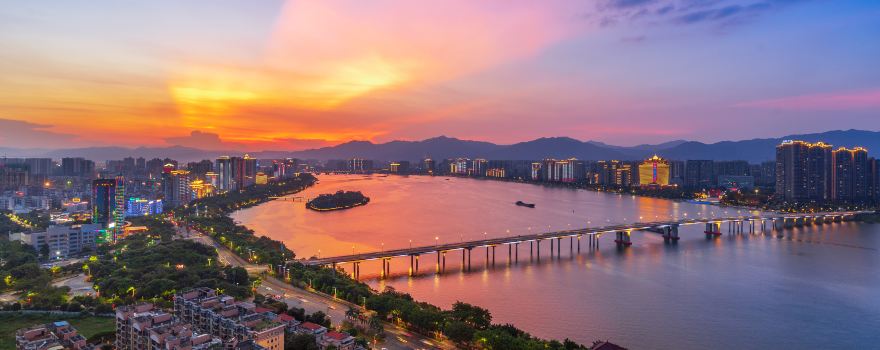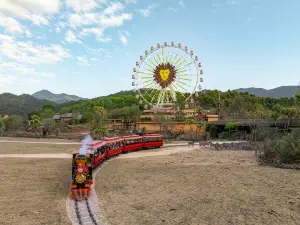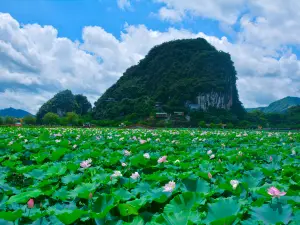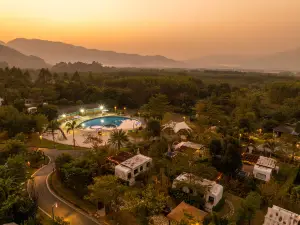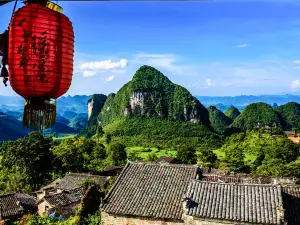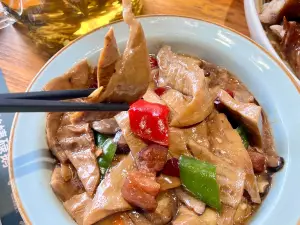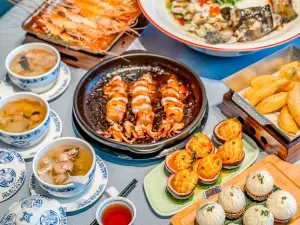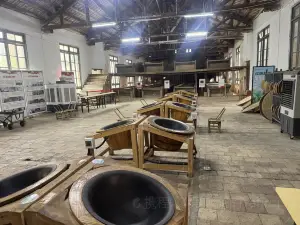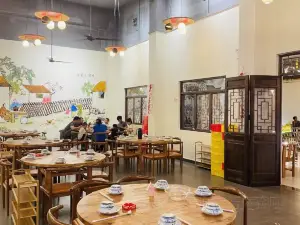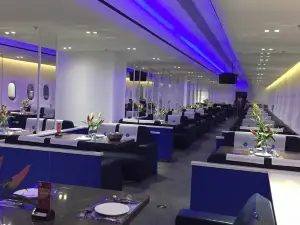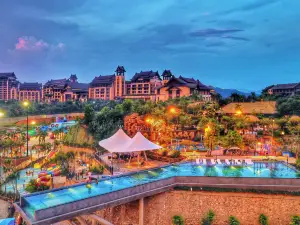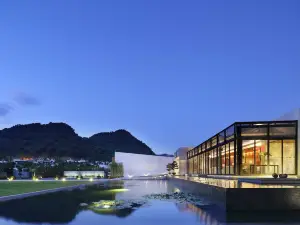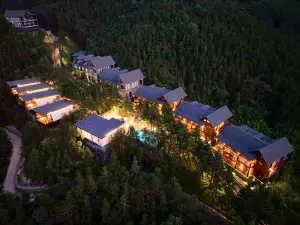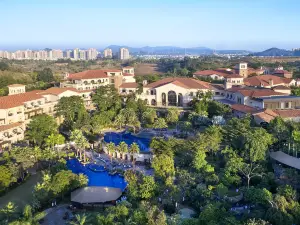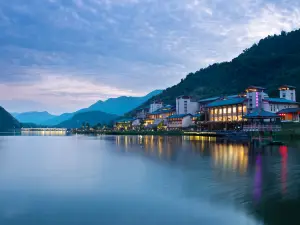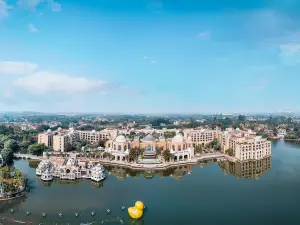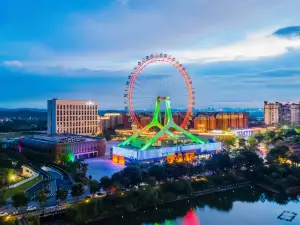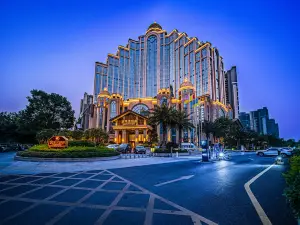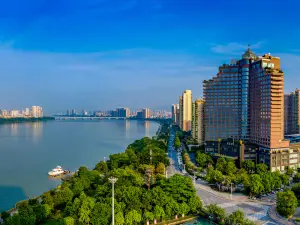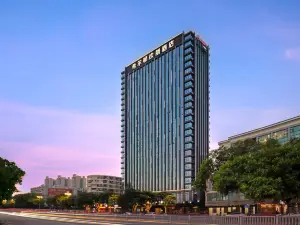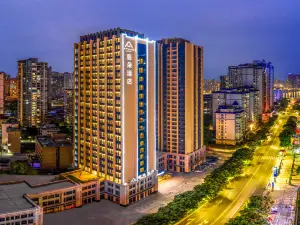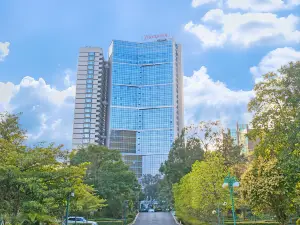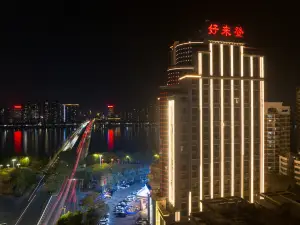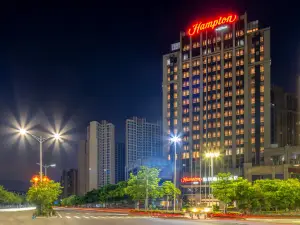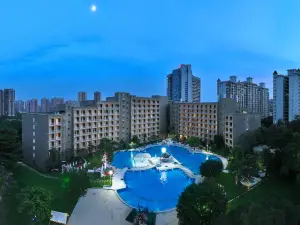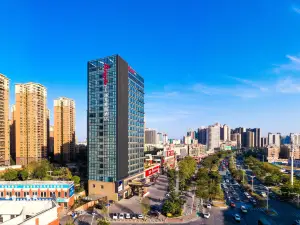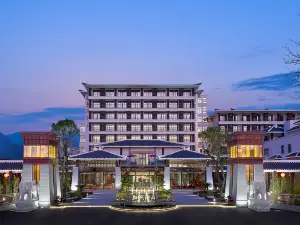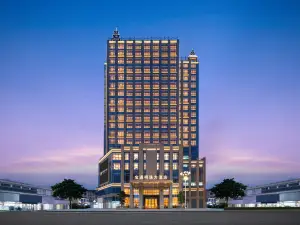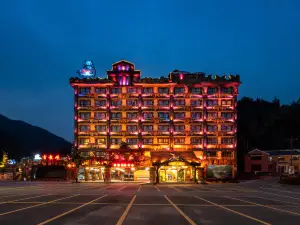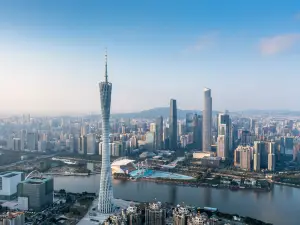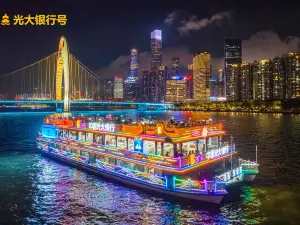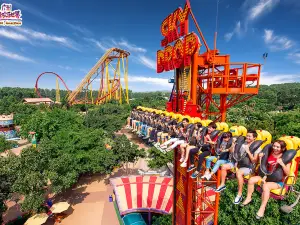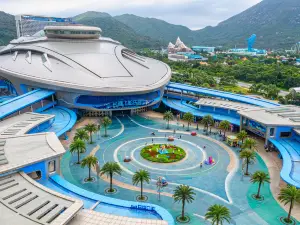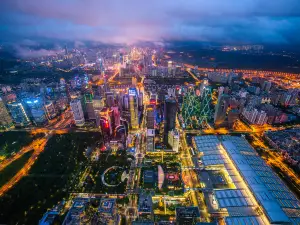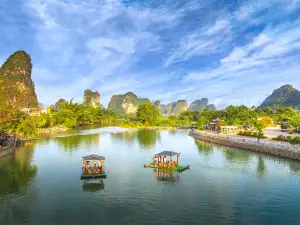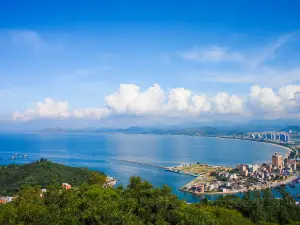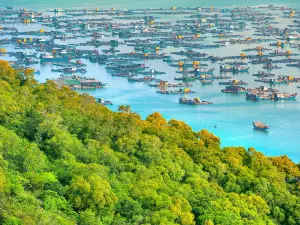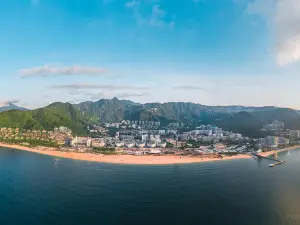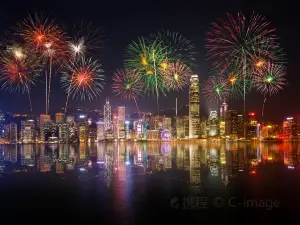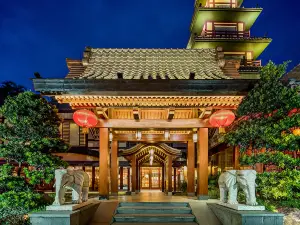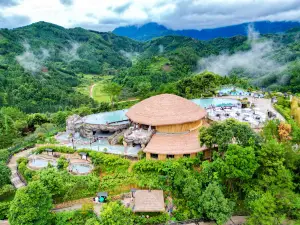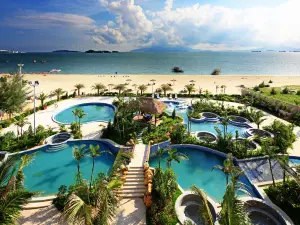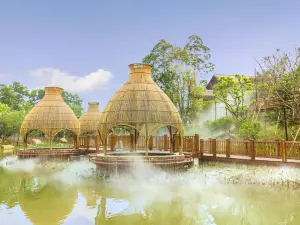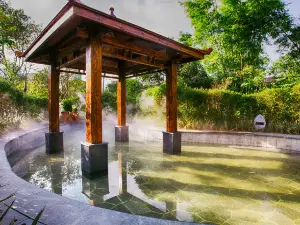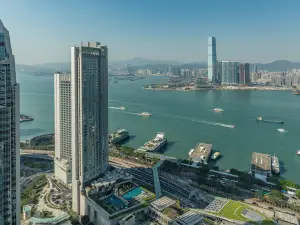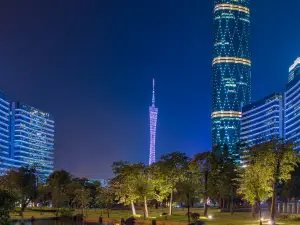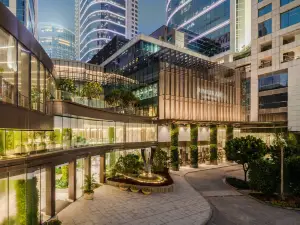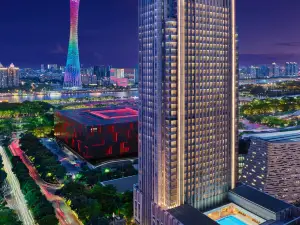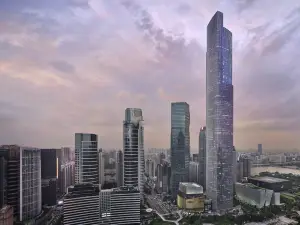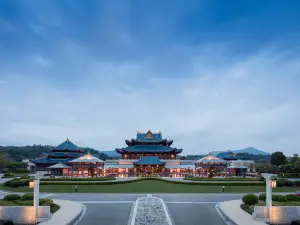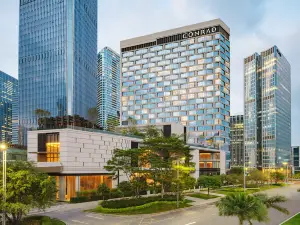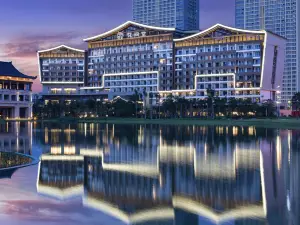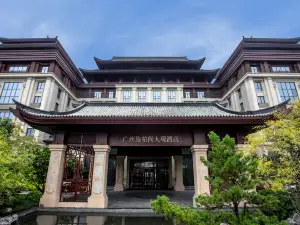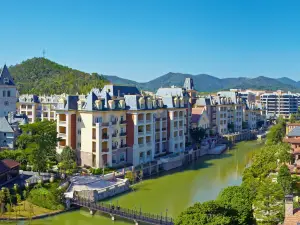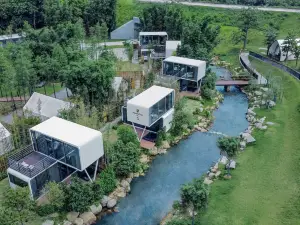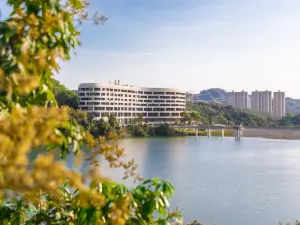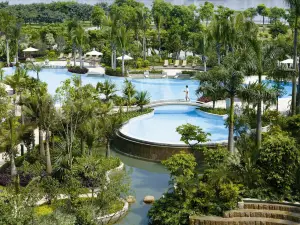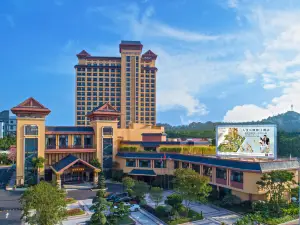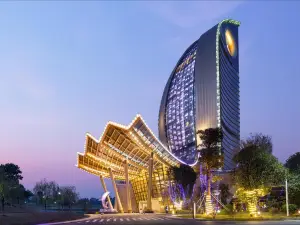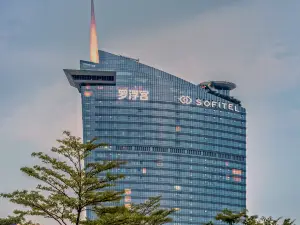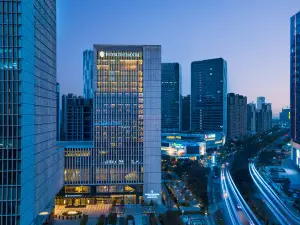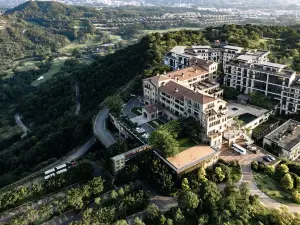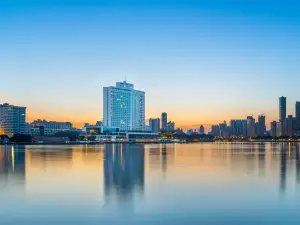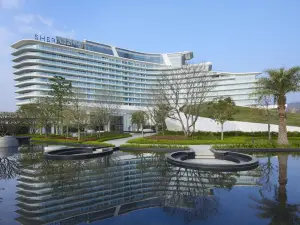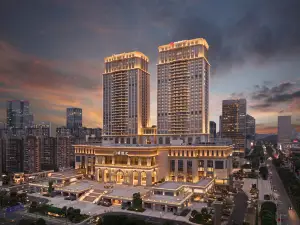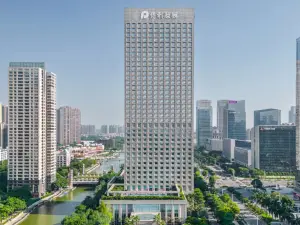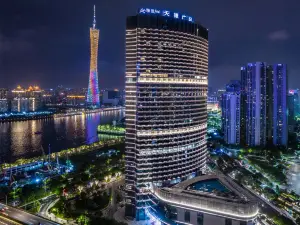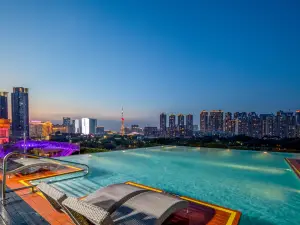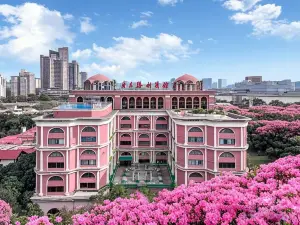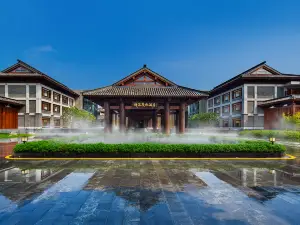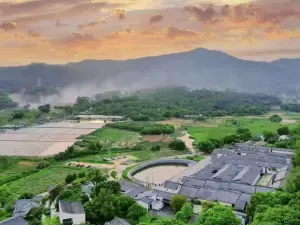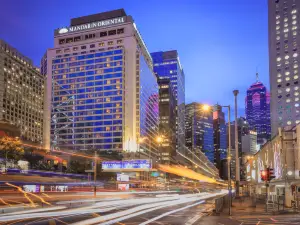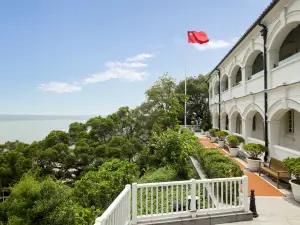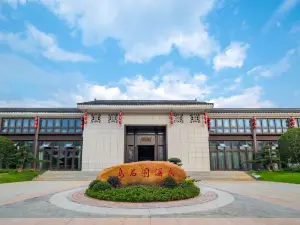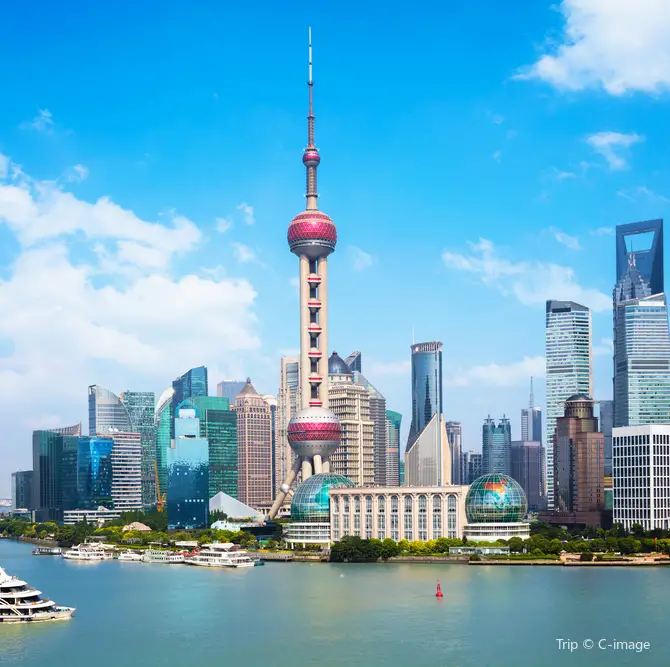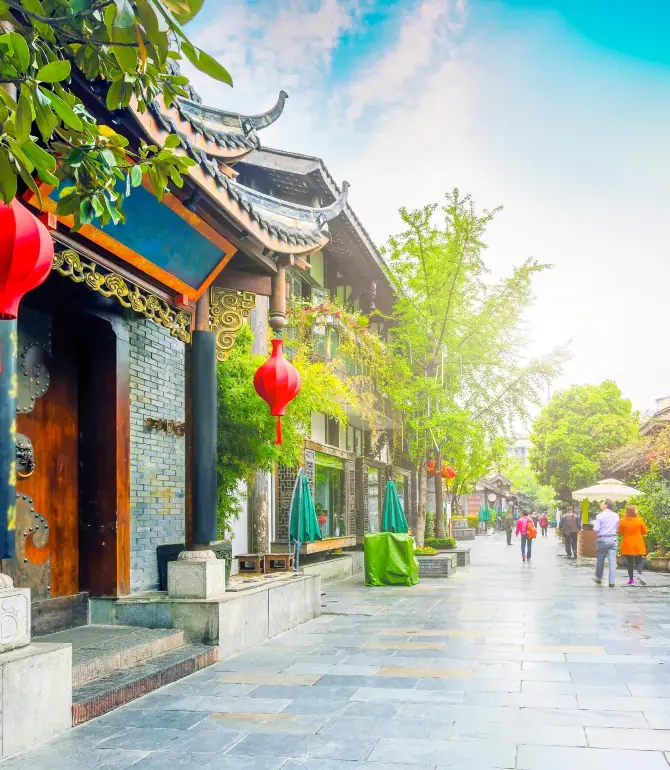Things to Do in Qingyuan in 2025 - Top Attractions, Local Food, Hotels & Travel Tips (Updated June 2025) | Trip.com
About Qingyuan
Recommended trip: 2–3 day(s)
Recommended trip: 2–3 day(s)Current Weather Conditions
Qingyuan Local Experiences Map

Trending in Qingyuan
Qingyuan Local Travel Guide 2025
Qingyuan Brief Guide
Qingyuan, a city in central Guangdong Province, is a hilly, hummocky, mountainous area. There are tall mountains, deep canyons, lush primordial forests, and magnificent lakes. This is a relaxing place to escape the summer heat and an ideal destination for outdoor activities. You can visit the sharp slopes of Feixia (Rosy Flying Clouds) Mountain, explore the karst landforms at Lianzhou Underground River, or travel to Shikengkong, the highest peak in Guangdong. It is one of the areas in Guangdong Province with a large population of China's ethnic minority groups. This area is filled to the brim with the style of the Zhuang and Yao ethnicities. There are plenty of opportunities to see many ethnic and cultural performances. You can also visit some water villages to experience local people's lives, enjoy the unique architecture of Water Town of Lingnan Region, and appreciate the charm of the rich historical and cultural landscape.
Qingyuan Must-try Local Experiences
1. Discover the Natural Beauty of Qingyuan's Peaks Explore Qingyuan's stunning landscapes at Niushishan Forest Park, Gulong Gorge, and Guyu Zhang River. Enjoy hiking, rafting, and breathtaking views of waterfalls and lush forests. 2. Explore the Ancient Charm of Qingyuan's Architectural Gems Visit Qingyuan Ancient Village, Feixia Temple, and Feilai Temple to admire traditional architecture and immerse yourself in the city's rich history and cultural heritage. 3. Experience the Huangteng Gorge Rafting Huangteng Gorge offers an exhilarating rafting experience through its scenic river, perfect for thrill-seekers and nature lovers. 4. Discover the Xinyinzhan Hot Spring Resort Relax at Xinyinzhan Hot Spring Resort, known for its therapeutic hot springs and beautiful surroundings, ideal for unwinding after a day of exploration. 5. Discover the Art of Traditional Chinese Medicine Learn about traditional Chinese medicine by visiting local clinics to witness herbal remedies and experience ancient healing practices. 6. Explore the Qingyuan Museum Dive into Qingyuan's history and culture at the Qingyuan Museum, showcasing artifacts and exhibits that tell the region's story. 7. Participate in Traditional Lion Dance Experience the vibrant traditional lion dance, a cultural performance often seen during festivals and celebrations in Qingyuan. 8. Learn Paper Cutting Art Join a workshop to learn the traditional Chinese art of paper cutting, a delicate craft significant to Chinese culture. 9. Visit the Qingyuan Night Market The Qingyuan Night Market offers local specialty street foods, crafts, and a vibrant nightlife experience. 10. Shop for Local Handicrafts Find unique handicrafts such as paper cuttings, bamboo products, and traditional clothing at local markets and shops. 11. Capture the Beauty of Niushishan's Peaks Hike to Niushishan Forest Park's summit for panoramic views and stunning photographs of the landscape. 12. Find Tranquility at Feixia Temple Capture the beauty of Feixia Temple's architecture and serene surroundings, evoking a sense of peace. 13. Photograph the Glass Skywalk at Gulong Gorge The glass skywalk at Gulong Gorge offers incredible photo opportunities with panoramic views of the gorge and waterfalls. 14. Unwind in a Hot Spring Resort Qingyuan's natural hot springs offer a relaxing soak in mineral-rich waters, rejuvenating your body and mind.
Qingyuan Must-see Attractions
Qingyuan boasts a diverse array of natural attractions including Lianzhou Underground River, Gulong Gorge Rafting, Cave Fairland, and Qingyuan Bijiashan Canyon Drifting, making it an ideal destination for nature lovers and adventure enthusiasts.
Qingyuan Food Guide
Qingyuan's cuisine is renowned for using genuine local ingredients and traditional cooking techniques. The Qingyuan chicken, loved for its soft texture and golden-brown skin, is a local favorite. Zhouxin's roasted meat stands out with its succulent quality and sweet aroma. The WuZong goose is esteemed for its dense meat and delightful taste, while Dongpo's cured delicacies captivate food enthusiasts with their distinctive sauce-infused and subtly flavored varieties.
Qingyuan Transportation
Qingyuan's transportation infrastructure is well-connected, primarily through its proximity to major airports and a high-speed railway system. Guangzhou Baiyun International Airport (CAN) is the nearest major airport to Qingyuan, located about 44 km away. It serves both international and domestic flights, making it a convenient entry point for travelers coming to Qingyuan. To reach Qingyuan from Guangzhou Baiyun International Airport, passengers can take a bus or taxi, with the journey taking approximately 1h 30m. Another significant transportation hub for Qingyuan is the high-speed railway system. The 63km high-speed railway connects Guangzhou and Qingyuan, with over 18 high-speed trains and bullet trains running daily. The journey between the two cities takes around 25 minutes, and trains depart from Guangzhou South Railway Station, arriving at Qingyuan Railway Station. This makes it extremely convenient for travelers to access Qingyuan from Guangzhou, one of the major cities in Guangdong Province.
Qingyuan Where to Stay
Qingyuan is a picturesque city located in Guangdong province, renowned for its diverse landscape which integrates mountains, rivers, caves, and hot springs. The city's accommodation is dispersed across several districts like Qingcheng District, along with areas adjacent to nature attractions like Millennium Yaozhai and Peach Blossom Lake.
Qingyuan Best Time To Visit
The best time to visit Qingyuan is from April to October when the temperature is moderate and the natural scenery is beautiful, which is a good time for outdoor activities. In spring, you can enjoy the flower outing, in autumn, you can enjoy the golden Oujia terraces or go to the field of Green World to see the fiery maple leaves. In addition, it is especially recommended to visit Gulong Gorge Qingyuan from June to August when the sun is shining, the water level is high and fast, and the forest is lush, which is the ideal season for rafting. However, it should be noted that July to September is the typhoon season in Guangdong, and it is rainy, so pay close attention to the weather conditions before traveling.
Qingyuan Useful Guide
Qingyuan, a city in Guangdong Province, China, predominantly speaks Cantonese, with a unique local accent distinguishable from standard Cantonese. Mandarin is also widely spoken, especially among the younger population. Translation services may not be widely advertised, but translation apps can be helpful. The presence of both Cantonese and Mandarin reflects historical influences and modern educational practices. When facing language barriers, travelers can use universal gestures, maps, and facial expressions to communicate.
Trip.Best: Qingyuan
Things to do in Qingyuan
What to Do
Where to Stay
What to Eat
Qingyuan Moments: Through Travelers' Eyes

Yingde Jelly Water|A 1.5-hour getaway from Guangzhou to this crystal-clear water paradise!

This hotel *gets* kids!! Energetic kids can play until they drop!!

2-Day Qingyuan Adventure: Discover a Natural Oxygen Bar in the Heart of the Forest

A Hidden Paradise in Guangdong That’s Seriously Underrated — Even Better Than Guilin!

Qingyuan Gulong Gorge Rapids Guide: A Must-Do Summer Adventure for Explorers

5 Beautiful and Off-the-Beaten-Path Cities Just 2 Hours Away by High-Speed Rail

Qingyuan Bijia Mountain Summer Resort|A Fairyland for Guangdong Locals

Take your kids to Qingyuan and they'll have the time of their lives!
Best of Qingyuan
Site Operator: Trip.com Travel Singapore Pte. Ltd.
